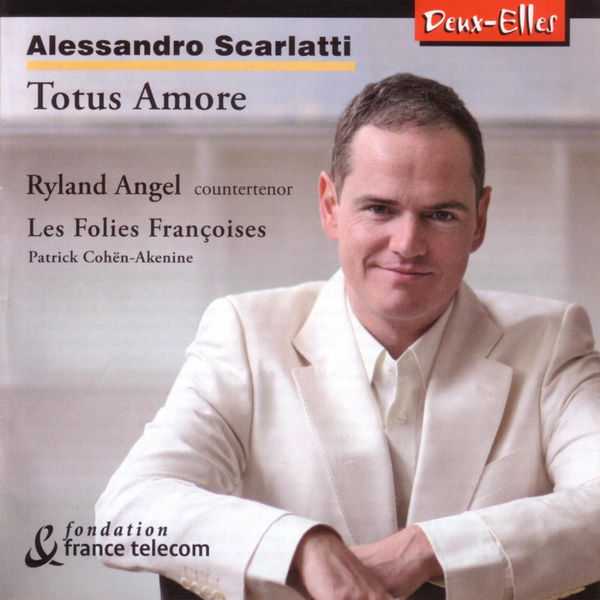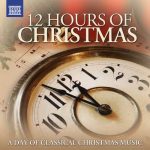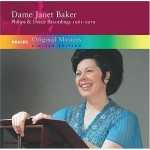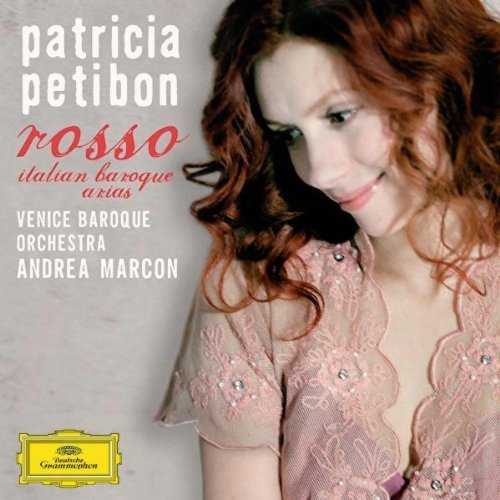
Composer: Giovanno Battista Bassani, Arcangelo Corelli, Alessandro Scarlatti, Alessandro Stradella
Performer: Ryland Angel, Les Folies Francoises
Format: FLAC (tracks)
Label: Deux-Elles
Catalogue: DXL1054
Release: 2006
Size: 341 MB
Recovery: +3%
Scan: cover
01. Corelli: Sonata: Op. 1, No. 11, for two violins and continuo
02. Scarlatti: Totus amore languens: motet
03. Bassani: Salve Regina: motet
04. Scarlatti: Variations – La Follia: harpsichord solo
05. Scarlatti: Infirmata vulnerata: motet
06. Corelli: Sonata: Op. 5, No. 1, for solo violin and continuo
07. Stradella: O vos omnes: motet
Ryland Angel is a British low countertenor with a creamy voice that has an appealing way of slipping down to an elegant quietness at the end of a fancy phrase. Here he teams with the crack young French historical-instrument ensemble Les Folies Françoises for a program that might have been heard in the home of a Roman nobleman at the end of the seventeenth century, or perhaps in one of the city’s churches — although the chief appeal of the Alessandro Scarlatti works heard here is their introduction of an utterly secular vocabulary, both verbal and musical, into sacred music. “Wholly languishing in love and inflamed with ardor for the sacrament at the altar, the soul that was faithful burned and spoke in rapt ecstasy,” intones the countertenor at the beginning of Scarlatti’s Totus amore languens. And, in Infirmata vulnerata, the soul addresses Christ, the Bridegroom, in this way: “O dear, O sweet love, how can you be so cruel to me, who have never been unfaithful?” Scarlatti matches this language with purely operatic vocal lines, producing a mood that goes beyond even that of even the most Italianate arias in Bach’s cantatas in terms of crossing categories. The Scarlatti works here are called motets in the tracklist, but solo cantatas would be a better description; they are for solo voice and a small ensemble, with continuo. (Scarlatti’s own term would probably have been “concerti sacri” or sacred concertos.) The rest of the music nicely breaks up the intense feeling of the Scarlatti pieces; the motets by Alessandro Stradella and Giovanni Battista Bassani are more decorous, and two trio sonatas and a set of La Follia keyboard variations explore another mode of musical intensification. Harpsichordist Béatrice Martin gives an especially sympathetic performance of these variations, which build in irregular rhythms to two preliminary climaxes before finishing with a strongly marked rhythmic flourish. But all the musicians of Les Folies Françoises give Angel expert support in a program that Romans of the Baroque era themselves would have understood and appreciated.



